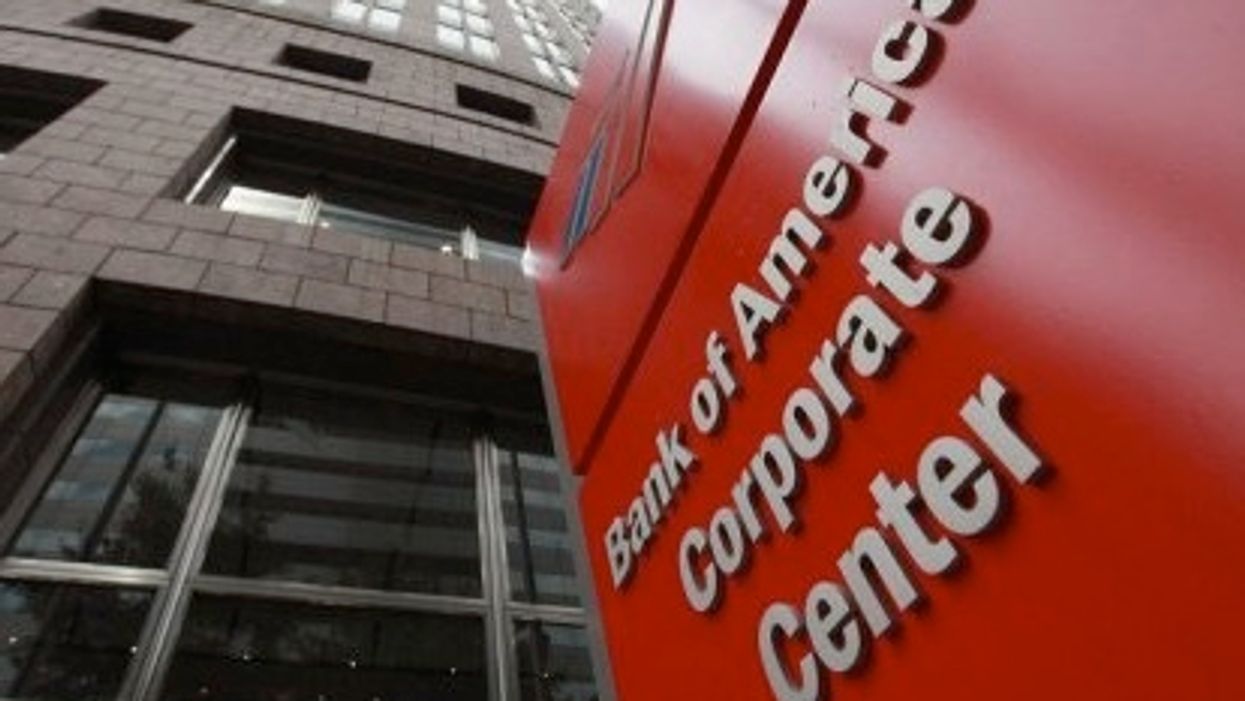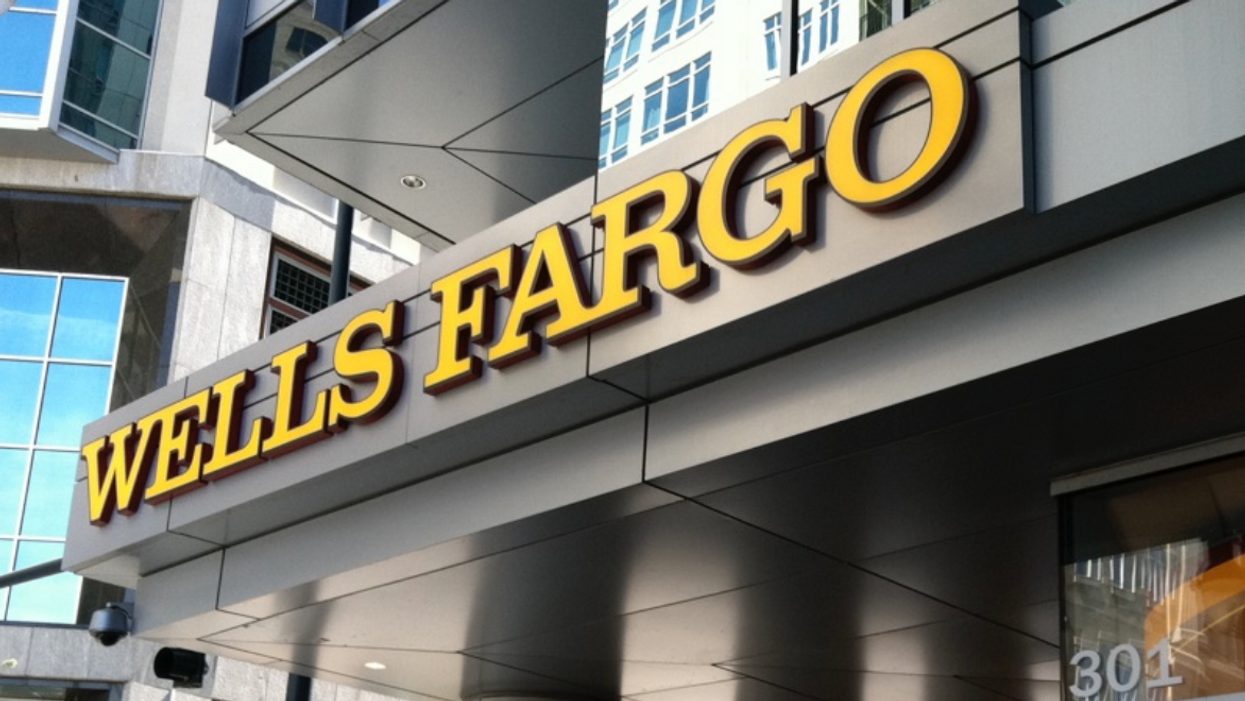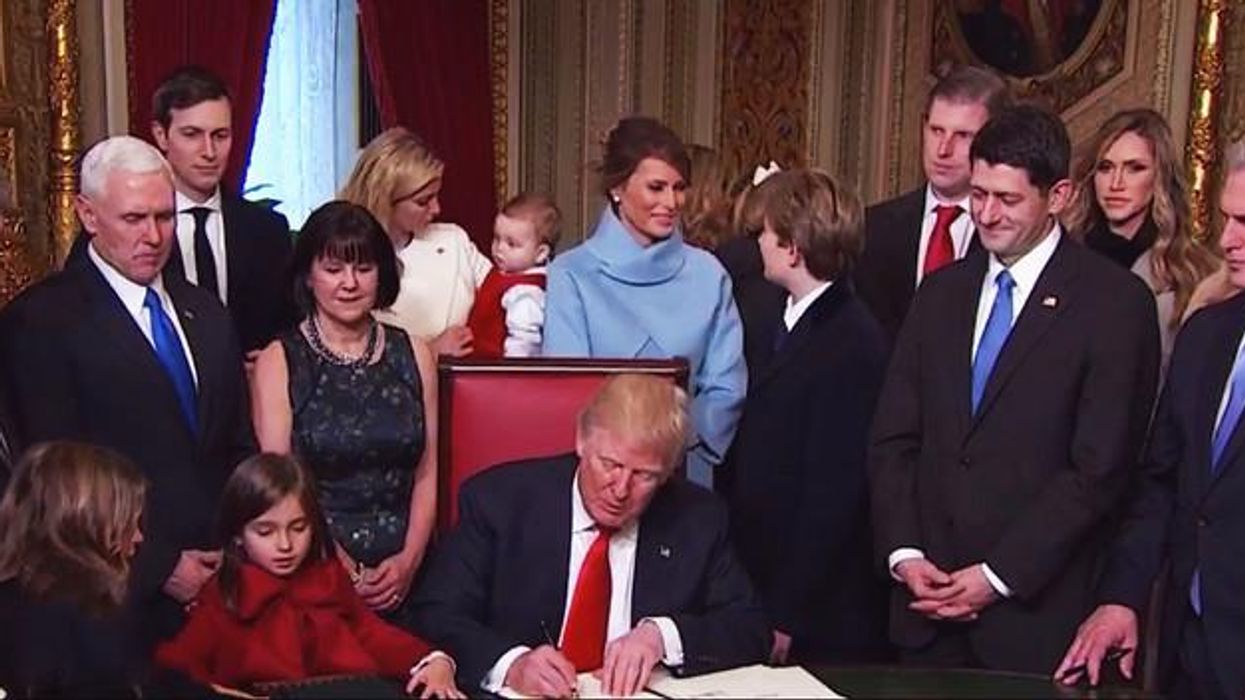Biden Names 'Progressive Hero' To Top Financial Regulatory Post
By Andrea Shalal
WASHINGTON (Reuters) -U.S. President Joe Biden on Friday said he would nominate former Treasury official Michael Barr to be the Federal Reserve's top regulatory official, replacing Sarah Bloom Raskin who withdrew in March after failing to win the backing of moderate Democrats.
Barr, currently a professor at the University of Michigan Law School, was a central figure at the Treasury under President Barack Obama when Congress passed the 2010 Dodd-Frank financial reform law in the wake of the 2007-09 financial crisis, and helped create the Consumer Financial Protection Bureau (CFPB).
"Michael brings the expertise and experience necessary for this important position at a critical time for our economy and families across the country," Biden said in a statement.
The Fed vice chair for supervision is responsible for overseeing the biggest banks, determining proper capital ratios, and represents the United States in cross-border negotiations over international banking standards.
As Treasury assistant secretary for financial institutions, Barr helped shape the Wall Street post-crisis overhaul, Biden said, adding that Barr had strong support across the political spectrum. He noted that Barr had been confirmed on a bipartisan basis for the Treasury post in 2009.
However, Patrick Toomey, the top Republican on the Senate Banking Committee, criticized Barr's support of the Dodd Frank law, which Toomey said enshrined taxpayer bank bailouts. He also said the CFPB was "unaccountable" and "unconstitutional."
"For these and other reasons, I have concerns about his nomination, but I look forward to meeting and discussing these and other matters," Toomey said in a Friday statement.
The president said he would work closely with the Senate Banking Committee to move Barr's nomination forward quickly, and called on the Senate - which is evenly split with Democrats holding the tie-breaker vote - to swiftly confirm his four other Fed nominees, including Jerome Powell for a second term as chair and Fed Governor Lael Brainard for vice chair.
A vote is expected on Powell, Brainard and economists Philip Jefferson and Lisa Cook, both nominated to fill vacant Fed board seats, after the Senate returns from the Easter break.
'This Job Is Vital'
Senate Banking Committee Chair Sherrod Brown said he would support Barr's nomination and strongly urged his Republican colleagues to avoid personal attacks and back him as well.
"At a time when working families are dealing with rising prices while corporate profits continue to soar, this job is vital to ensuring the economy works for everyone," Brown said.
If confirmed Barr, who would have a vote on monetary policy issues, would arrive at the Fed as it is confronting the highest inflation in 40 years, with officials promising an aggressive series of rate hikes this year to rein in prices. The central bank is also planning to cull its $9 trillion balance sheet.
Barr will also have a lengthy to-do list on the regulatory front, including pushing ahead with climate risk tests for Wall Street banks, implementing new capital rules, and drafting new rules for cryptocurrencies and community lending.
Barr's name had been floated for another bank regulatory post, heading up the Office of the Comptroller of the Currency, but some progressives objected, citing his work with some fintech firms after leaving government.
Biden said Barr had spent his career protecting consumers, and played a critical role in creating both the CFPB and the Fed post for which he was now being nominated. He also served at the National Economic Council in the White House.
Former CFPB Director Richard Cordray has described Barr as "a progressive champion," while Senator Elizabeth Warren has called him "a hero" for his work on Dodd-Frank.
"He was instrumental in the passage of Dodd-Frank, to ensure a future financial crisis would not create devastating economic hardship for working families," Biden said.
Raskin withdrew from consideration for the top regulatory post at the Fed on March 15, a day after Democratic Senator Joe Manchin and moderate Republicans said they would not back her, leaving no path to confirmation by the full Senate.
(Reporting by Andrea Shalal; additional reporting by Michelle Price; Editing by Leslie Adler and Franklin Paul)





